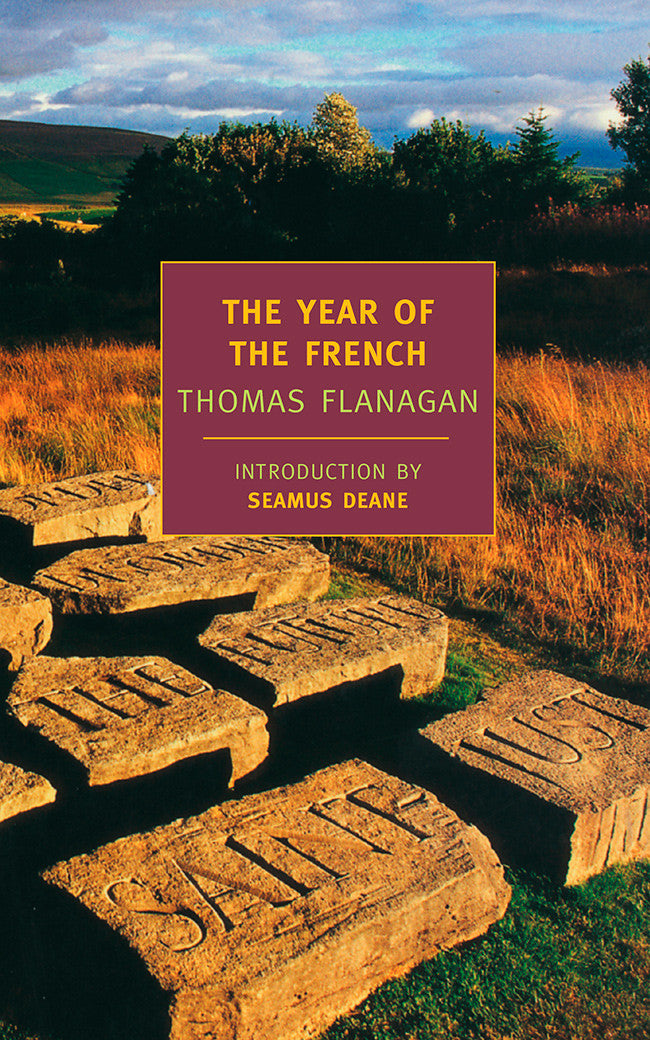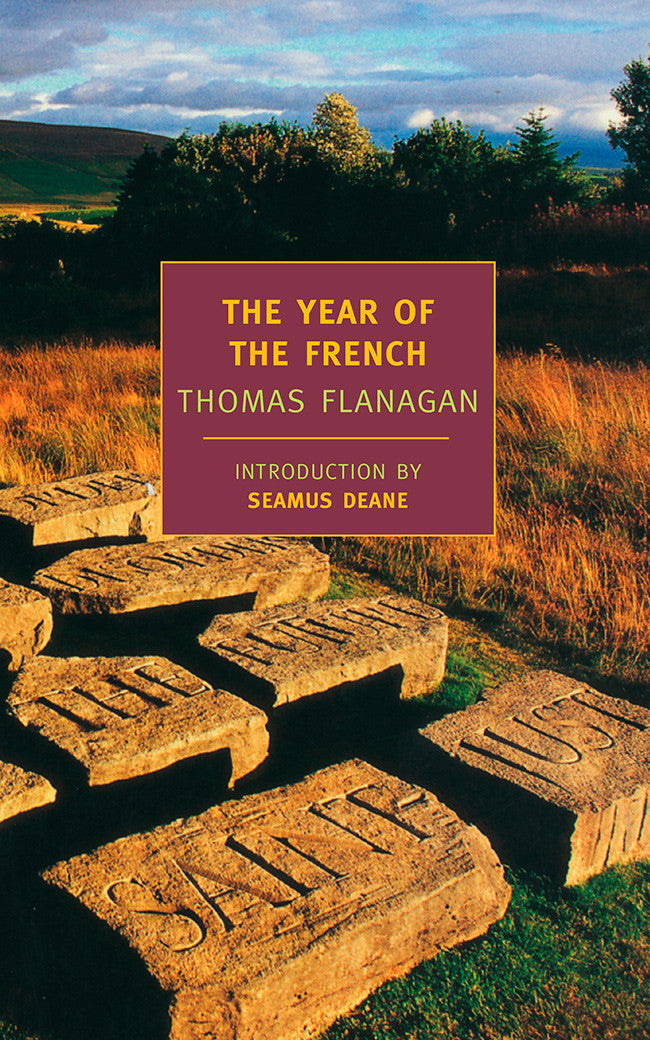Flanagan’s method is to plunge the reader into a strange, wild, poetic, cruel, and finally hopeless world of Irish peasants, absentee British landlords, revolutionary terrorists, and men and women trying to hold on to what they have in a universe threatening to turn upside down. You have to make your own way through this landscape, so the stranger everything is for you, the more adventurous the experience. The story Flanagan tells makes our own dark times seem eminently manageable. I wanted to be taken somewhere else by a book, and I was.
—Louis Menand, The New Yorker
A circumspect and grippingly authentic account that stands as a stark warning against the romanticisation of torrid times. The result is a classic of historical fiction
—The Times (London)
I recall the excitement when this book was published in the late 1970's—and then discovered (not always the case) that the book merited it. Flanagan, an American history professor of Irish descent, pulled off a substantial coup in that he brought a historian's training to bear upon a romantic moment, the period when the French landed in the west of Ireland in 1798 and all Ireland thought liberation was at hand. His research never lies around the novel in pools, it stains the entire fabric, so that when his character's point of view is emerging from a dispossessed farmer's clay hovel or a small town merchant's table in the local hotel, we smell them - their clothes, their breath and (this is Ireland after all) their politics.
—Frank Delaney, The Guardian
A masterwork of historical fiction.
—The Philadelphia Inquirer
The book's wide-ranging scope and erudition are reminiscent of Tolstoy.
—Chicago Tribune
This deserves every major literary prize.
—Publishers Weekly
In his prodigious first novel, Thomas Flanagan grants this historic episode a new and panoramic life....[a] thoughtful, graceful elegy.
—Mayo Mohs, Time
Such a brutal and pathetic story would alone have sufficed to make this book absorbing, but Flanagan has much more on his mind. He means to create not only a plausible sense of place and character, and an accurate account of evens, but to recreate, from barroom to manor hall, the entire intellectual and emotional climate of the time....not only a serious book...but a distinguished one as well.
—Peter S. Prescott, Newsweek
I haven't so enjoyed a historical novel since The Charterhouse of Parma and War and Peace.
—John Leonard, The New York Times
Handsomely written...[a] splendid novel.
—Denis Donogue, The New York Review of Books
Thomas Flanagan was one of Irish-America's—one of the literary world's—great treasures. He wrote in flowing, baroque sentences that defied literary conventions born of minimalism and the modern attention span. His novels had texture and context, and were—astonishingly—critical successes and popular bestsellers.
— Terry Golway, The Irish Echo






